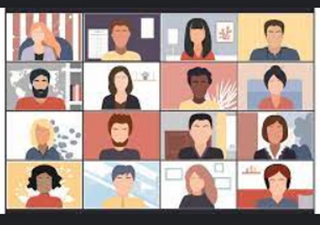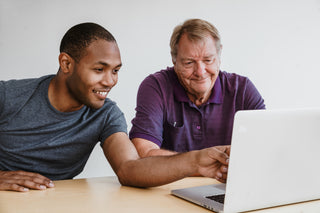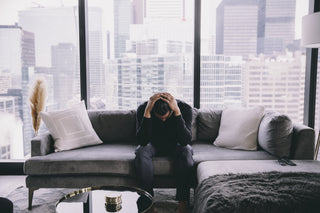
Anxiety
Anxiety is a feeling of unease, worry or fear. While everyone can feel anxious at some point in their lives, for some people anxiety is an ongoing problem. According to the office for National Statistics (ONS) in 2022/23, an average of 37% of women and 30% of men reported high levels of anxiety. Of those experiencing anxiety, more people (around 60%) reported ‘low’ or ‘very low’ levels of anxiety which can still be cumulatively disruptive.
Anxiety can be a symptom of another condition such as generalised anxiety (or excessive worrying), panic disorder (when you have panic attacks), or post-traumatic stress disorder, which is triggered by frightening or distressing events. Anxiety can also be specific to particular times (e.g. phobias), situation (e.g. social anxiety), or things (e.g. health anxiety). Our clinicians can help clarify any associated conditions.
Anxiety is highly treatable with CBT, but left alone, it can have significant consequences for physical health and quality of life (see TED talk here).
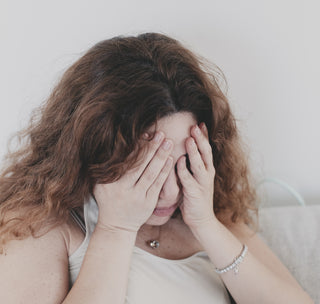
Symptoms
Symptoms of anxiety are varied, but can include:
- feeling worried or uneasy a lot of the time
- having difficulty sleeping, which can then make you feel tired
- difficulties concentrating
- being irritable, defensive or on edge, or tearful
- being hyper vigilant and unable to relax
- breathing faster,
- having palpitations (an irregular heartbeat),
- feeling sick, headaches and / or sweating
- feeling faint, or needing the toilet more frequently
- "butterflies" in your tummy, and needing frequent reassurance from other people
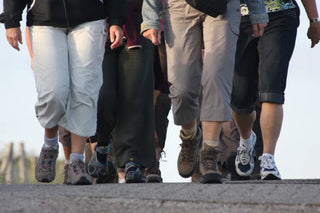
Treatment towards better
Anxiety is highly treatable with cognitive behaviour therapy (CBT), sometimes alongside anti-anxiety medicines. The CBT therapist aims to alleviates emotional distress by working collaboratively with clients to break probelms into smaller parts and troubleshooting these. The latter can include identifing and ultimately changing maladaptive thinking and thoughts.
Alongside, or prior to therapy many people with anxiety can benefit by making lifestyle changes themselves, such as getting more exercise, cutting down on alcohol, stopping smoking and eating more healthily. Self-care and compassion are also vital because symptoms can improve when we look after ourselves, and treat ourselves with kindness, care and respect.
CBT Supports for Anxiety: Group and 1-1
- Attend our low-cost, fun and informal Stress Busters community CBT course for information and prevention if not support. Completion of this course allows entry to other courses and meetups.
- Alternatively, access 1-1 CBT therapy via phone or video. Get in touch for a brief chat in confidence (FREE). From there you may be invited to have a 1-1 CBT assessment / getting-to-know-you session (90 mins) and then a course of CBT (5 sessions at a time).
- Stress Cafe is an optional follow-up booster session. It is open to those who have completed Stress Busters with us or our 1-1 CBT.

